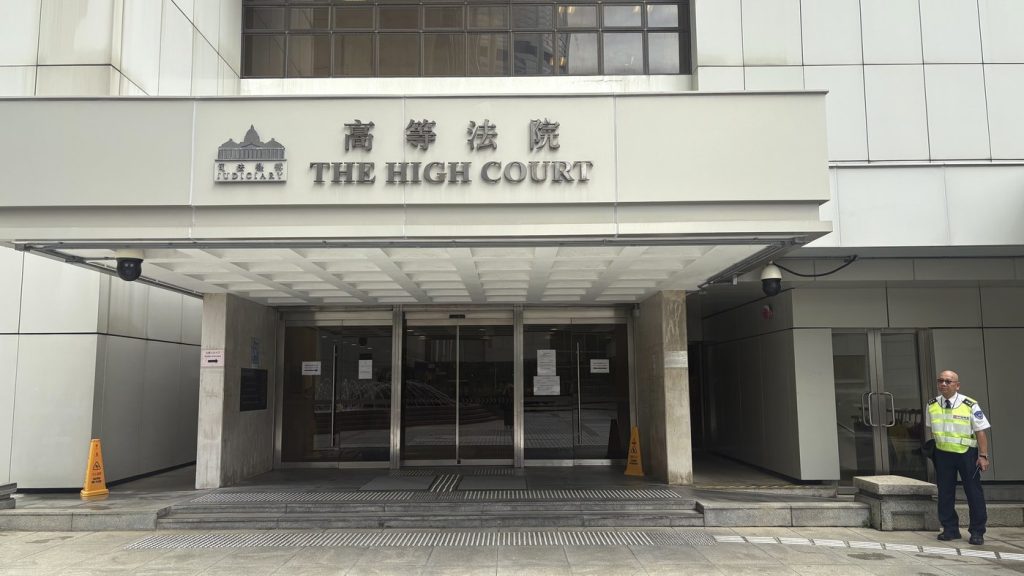A Hong Kong judge has ruled to strike down regulations that criminalize the use of bathrooms designated for the opposite sex, favoring the rights of transgender individuals to access public toilets that correspond with their gender identity. In a judgement delivered on Wednesday, Judge Russell Coleman approved a judicial review brought by K, a transgender man born a woman, highlighting that the regulations were in violation of the city’s mini-constitution, which guarantees equality before the law for all residents.
Judge Coleman acknowledged the significant intrusion that the existing regulations imposed on the privacy and equality rights of individuals. However, he decided to suspend the declaration to strike down the regulations for one year, allowing the government time to consider how to address the legal breach.
This ruling is part of a broader movement towards recognizing the rights of LGBTQ+ individuals in Hong Kong, which has seen progressive changes in legal frameworks following various advocacy and legal challenges led by activists. The court's decision is seen as a notable advancement in the fight for equality, especially as the Hong Kong government has recently revised policies that address the needs of the transgender community.
As it stands, current regulations permit only children under five years old to use public restrooms designated for the opposite sex if accompanied by an adult of the opposite gender. Those who violate this rule may face fines of up to 2,000 Hong Kong dollars, equivalent to approximately $255. K's legal challenge, initiated in 2022, aimed to expand the exemption to include pre-operative transgender individuals diagnosed with gender dysphoria, arguing that the regulations infringed upon his constitutional rights.
In a landmark decision made in 2023, Hong Kong’s top court ruled that undergoing full sex reassignment surgery should not be a mandatory prerequisite for transgender individuals to change their gender on official identification cards. Following this decision, the government amended its policy to allow individuals who have not undergone full gender-affirmation surgery to change their gender on their ID cards, provided they meet specific criteria. These include the removal of breasts for transgender men and the removal of genitalia for transgender women, as well as a requirement to undergo continuous hormonal treatment for at least two years before applying.
Furthermore, applicants must continue their hormonal treatment and submit to random blood tests as requested by the government. In April, activist Henry Tse, who successfully navigated the legal system and received his updated ID card reflecting his gender change, filed a new legal challenge concerning the latest requirements which many see as restrictive.
This series of legal battles underscores ongoing efforts within the Hong Kong community and judicial system to align social practices with evolving understandings of gender identity, illustrating a significant shift towards greater inclusivity for transgender rights in the region. The current ruling serves as an important indication of legal recognition for transgender individuals, setting a precedent that may influence future policies and the rights of LGBTQ+ people in Hong Kong.










